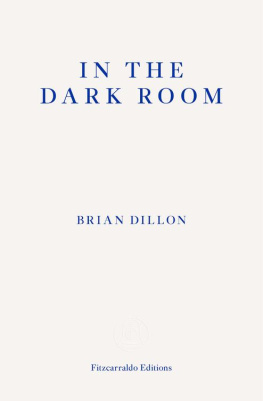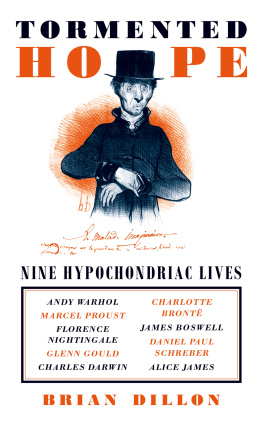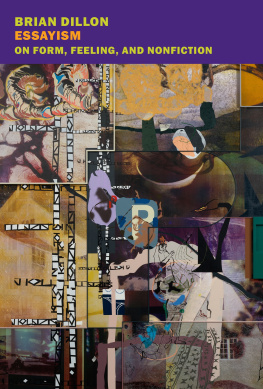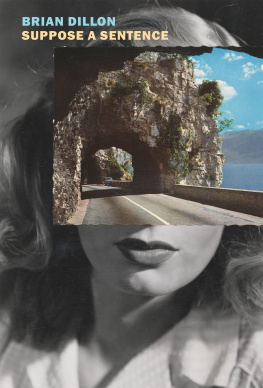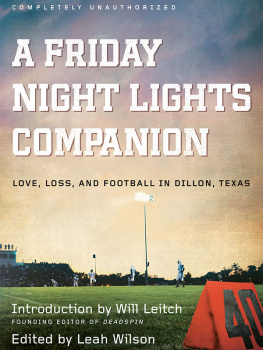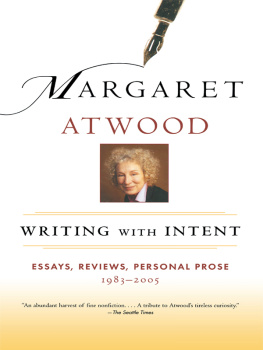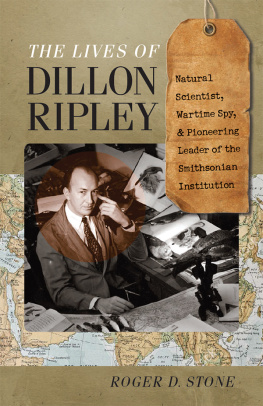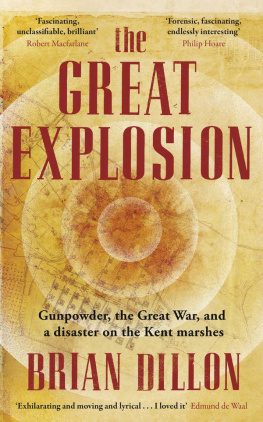Praise for In the Dark Room
In the Dark Room moves beyond the specificity of recollected grief to explore the history of attempts to understand memory, from De Quincey to Proust and Bachelard. Like Van Veen in Nabokovs Ada or Ardor, Dillon delights in the texture of time, in its stuff and spread, in the fall of its folds. The personal blends effortlessly with the universal to form a deeply evocative meditation on loss and the passage of time.
P. D. Smith, Guardian
It is the deeply emotive nature of his journey into memory that presents Dillon with such a formidable task. Yet he not only succeeds in translating his personal experience into a book of immense, disturbingly lucid insight, but in doing so has written a meditation on the nature of memory that, in many places, could compare to the most open-hearted writings of Roland Barthes. It is an amazing achievement in terms of prose style alone.
Michael Bracewell, Daily Telegraph
There are plenty of memoirs of unhappy childhoods on our shelves. Few of them, though, have the intelligence or rigour of this first book by critic Brian Dillon, which is less a personal narrative than an anguished monument to the idea of memory itself. Of all the cultural heavyweights he calls as witness (such as Barthes, Benjamin and Sebald), none fits Dillons book better than Rachel Whiteread. His home was as filled with silence, sulky, embarrassed and pained, as was her House with miraculously solidified space. In the Dark Room is an equally impressive achievement.
Jonathan Gibbs, Independent
To Pod and Ned, from Bid
Time which antiquates Antiquities, and hath an art to make dust of all things, hath yet spared these minor monuments.
Sir Thomas Browne, Hydriotaphia
This is the time. And this is the record of the time.
Laurie Anderson, From the Air
CONTENTS
In the Dark Room, originally published in 2005, is a meditation on mourning and an excavation of memory. It was also Brian Dillons first book, and we might see it as the prelude to his subsequent essays on photography and hypochondria, artists and ruins, essayists and what he calls essayism. How, Dillon asks, does memory that refined and slow-drying medium which covers everything adhere to ashtrays and snow globes, stairwells and hallways? The answer is explored through the catastrophe of his family life.
When he was fifteen, Dillons mother died of a rare autoimmune disorder and five years later his father suffered a fatal heart attack. The double bulwark of his parents deaths creates what Dillon describes as a storehouse of memories all the more alluring for being glimpsed through the thick portal of mourning. The world he returns to in these pages is submerged, settled in a strange submarine resting place, as though the objects and images contained here could not survive in the corrosive air of a clear recollection. In his Philosophical Enquiry into the Origin of our Ideas of the Sublime and Beautiful, Edmund Burke observed how it is in the nature of grief to keep its object perpetually in its eye to repeat all the circumstances that attend to it. Dillon attends, with unflinching intensity, to the objects and circumstances of his grief, the ferocity of his intellect holding in check the seductions of elegy.
The book begins in 1993 with Dillon, aged twenty-four, leaving for the last time the semi-detached in Dublin where he and his brothers were born. The house is now empty, and no house could be more comprehensively stocked with the detritus of the past than the empty house. Many of Dillons memories are of last times: the last family holiday, his last look at his mothers face, his last look at his fathers body, the last argument he had with his brothers. Hypochondria, from which he suffered, is equally focused on finality. Nothing of the everyday, Dillon explains of the gain from his condition, can match the exhilaration of rebirth that seizes one when the imagined disorder fails to become real. For that brief moment, he is not living in end time.
To guide him through the valley of shades, Dillon is accompanied by Roland Barthes, Jorge Luis Borges, Charles Baudelaire, John Berger, Gaston Bachelard, Henri Bergson, and Walter Benjamin. His mind is cultivated in the soil of the twentieth century but seeded in British Romanticism at least in Borgess understanding of Romanticism as a feeling of loss. Barthess Camera Lucida and Prousts la recherche du temps perdu are the acknowledged precursors to In the Dark Room, but it is as a late Romantic that I read Brian Dillon. The high austerity of his project, the concern with ruins and the growth of his own mind, the return to childhood, the intimations of mortality all recall Wordsworth, who was also orphaned before he reached adulthood, whose writing was also born of loss. In The Prelude Wordsworth described himself as conscious of myself / And of some other being and this double consciousness is what Dillon also attends to in these pages, where he is both narrator and subject, patient and doctor, adult and child (the older Dillon has no sympathy for his younger version). He is moreover and this is the most striking aspect of his prose vigilantly present as a seeing eye and curiously absent as an ego. Dillon, who notices everything, is alert to his own disappearance: looking at photographs of himself, taken before the death of his mother, he sees in his form a solidity that has since vanished; he has evanesced through grief, to the point where he would now, he fears, fail to even register on film. But if Dillon is continually disappearing, he reappears in the bodies of his parents. In a photograph of his father aged seven, Dillon sees, as if hovering below the surface, his own unborn face. In appearance he is his fathers double, his living shade. After his mothers death, Dillons skin began to stiffen, bristle and burn in a mirroring of her own horrific symptoms. Bodies, he notes, remember in their own way.
Dillon describes memory as a sort of space, in which are piled up all manner of essential or useless objects. He places these objects pipes, pens, Bibles, churches and corner cabinets in five chapters called House, Things, Photographs, Bodies and Places. Dillons titles, like labels on boxes to be stored in the attic, describe his method: he accumulates, and then categorizes, chaos. He also freely associates, allowing one thing to lead him to another. In House Dillon recalls Thomas De Quinceys description, in Confessions of an English Opium Eater, of the auditory effect of the Whispering Gallery beneath the dome at St Pauls Cathedral: a word or question uttered at one end in the gentlest of whispers, is reverberated at the other in peals of thunder. For De Quincey, and also for Dillon, the progress of the whisper is a metaphor for memory: what at the start of a life seems of little impact speaks by the end in volleying thunders. In Places Dillon turns to George Eliots description, in Middlemarch, of Dorothea Brookes honeymoon in Rome, where she wanders alone through St Peters. What accosted him in the passage, Dillon recalls, is Eliots insistence on the way in which the interior of the church persists in Dorotheas imagination, and he now returns to the vast, Victorian monument in which the funerals of his parents took place. As a child he had once fainted here during family mass, and the church is as frightening as the hospital in which his mother is treated. Like one of Piranesis prisons, the church became a void into which I used to feel I might fall: I would gaze, in distracted moments, at its upper reaches, and wonder what it would be like to drift towards the distant ceiling and hang there, looking down on the congregation below. This suspended position, high in the vaults and looking down, is where Dillon can often be found. It is only when he confronts the consolations of Catholicism that his tone always taut, occasionally tense turns to rancorous anger. His fathers funeral had exposed our ancient family secret: our affinity with this monstrous architecture, this unbearable weight of solid silence and droning piety, these poisonous clouds of incense and candle smoke.

